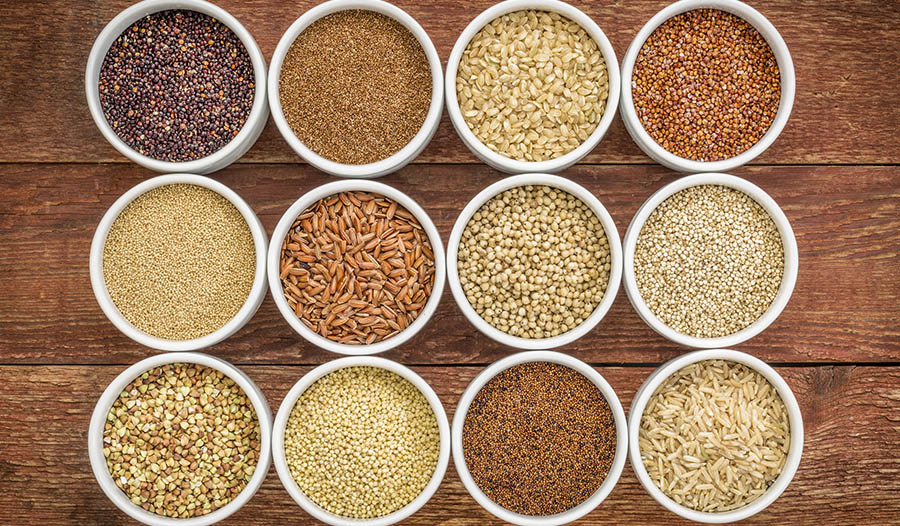Enzymes to Ease Gluten Digestion

What enzymes can help me if I have trouble digesting gluten?
The simple answer is taking a product that contains enzymes that can digest gluten. But, let me provide an overview first. According to one U.S. survey, 1 in every 3 adults is reducing or avoiding gluten consumption. Gluten is the main protein complex primarily found in grains including wheat, barley, spelt and rye. Many people have an intolerance to gluten along with casein, a protein found in milk. When ingested in intolerant individuals these proteins can produce gastrointestinal discomfort, especially gas and bloating.
Although the popular solution for gluten and casein intolerance is following a gluten-free, casein free diet, and eliminating the offending proteins will reduce discomfort, there are often hidden sources of gluten or casein in foods that can still lead to discomfort.
Many gluten free products are available in natural foods stores and even in mainstream supermarkets. Beneficial grains for replacement of gluten sources include amaranth, quinoa, and a variety of rice, such as brown, red, black and wild rice. Casein is found in milk and dairy products. Obviously, when avoiding gluten and casein reading food labels carefully is required.
Supplemental digestive enzyme preparations can help people tolerate lower levels of gluten or casein intake especially during the initial phase of gluten and/or casein avoidance. Most often gluten-digesting enzymes utilize the enzyme dipeptidyl peptidase IV (DPP-IV). This enzyme targets both gliadin and casein and is resistant to breakdown by other digestive enzymes. DPP-IV is thought to be one of the key enzymes responsible for the digestion of these proteins and is known to be found in lower amounts in the intestinal lining of individuals with gluten sensitivity and intolerance. In fact, there is an inverse relationship between the level of DPP-IV and intestinal damage in people with gluten sensitivity. In other words, the lower the DPP-IV the more significant the damage to the intestinal lining.
Preparations containing DPP-IV are often recommended to safeguard against any hidden sources of gluten. If you are looking for a little help with digesting gluten, give a formula containing DPP-IV a try.
DISCLAIMER:This Wellness Hub does not intend to provide diagnosis...





























































































